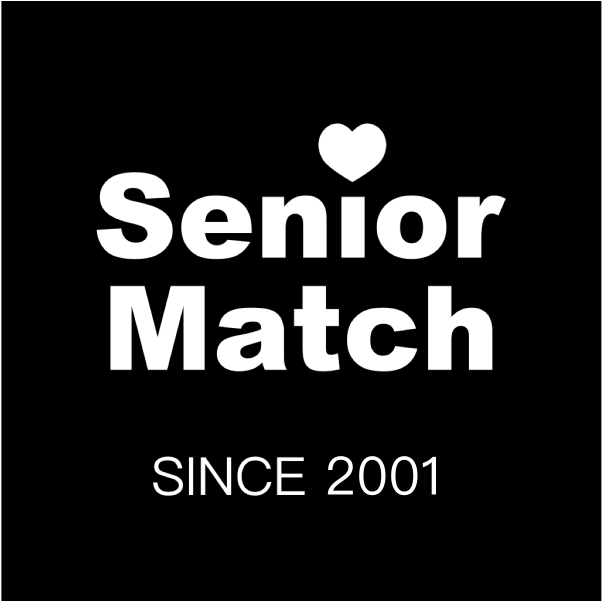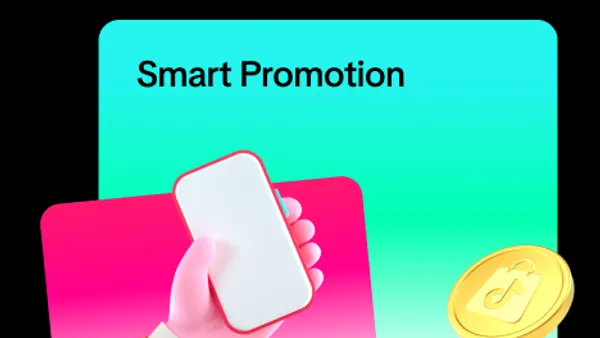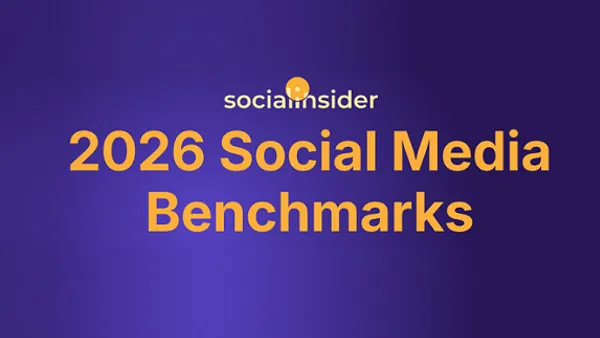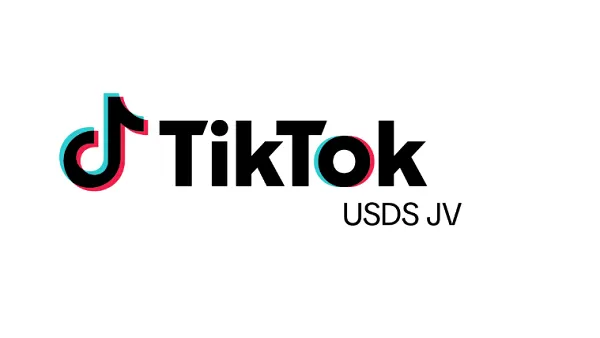With reports suggesting that the U.S. government is close to announcing a deal to keep TikTok in operation the U.S., it’s worth noting the finer details of the proposed plan, which would see TikTok’s algorithm, in America at least, fall under the control of U.S. government-approved entities.
Under the proposal, as it currently stands, a new TikTok U.S. group would be formed to oversee the management of the platform in the U.S. The new group, which would be run by a board of seven U.S. government-approved members, would make calls on how the app is run, how it’s moderated, what content rules apply, etc.
The U.S. group would not control the TikTok algorithm, as such, but rather TikTok U.S. will “lease” the algorithm code from the app’s Chinese owners, which will ensure continuity of service for the app, but will mean less control for the U.S. group.
This has been a key point of contention in negotiations over the app. Part of the concern around TikTok is that the Chinese government, with its draconian laws around local businesses, has significant sway in how TikTok’s algorithm is managed, and what’s displayed to users in the app.
Indeed, in China, the Chinese version of the app (called “Douyin”) serves in-app trends that are essentially dictated by the CCP, in order to ensure that more positive, educational content is amplified, while less desirable, less legal behaviors are suppressed in its ranking.
The logic then follows that the CCP would also implement similar controls over the U.S. version of the app, and there’s long been speculation that Chinese officials could use this power to seed pro-China stories, while also censoring anti-China narratives.
There’s limited evidence to suggest that Chinese officials have done either, though some investigations have seemingly demonstrated a clear level of influence in this respect.
But because the TikTok algorithm is so personalized, it’s difficult to ascertain the full impact of such efforts, which is part of the reason why U.S. cybersecurity officials have pushed for the app to be sold into U.S. ownership, or banned entirely.
It’s algorithm, in this respect, is a key element of that deal. Yet now, it seems that the U.S. government is conceding that it cannot control this aspect, and will instead yield to Chinese government demands that it maintain control over the platform’s ranking systems, which could include interference in such trends.
So, in theory at least, the Chinese government may be so dedicated to maintaining control over TikTok’s algorithm because:
- It enables it to promote pro-China narratives, and influence perspectives on such outside of the Chinese mainland
- It enables it to suppress anti-China stories for the same goal
- It ensures that China maintains a level of control over what can trend in other nations, with some suggestions that the CCP is happy to see antisocial behavior, like prank videos, gain traction and distract the youth in other regions
How much you believe that these elements can and do impact U.S. users will come down to individual interpretation, but Chinese state-based actors do have a long history of using U.S. social platforms to influence the thinking of people outside China.
It stands to reason that TikTok, over which they have more direct control, would be used for the same. Which, again, is why cybersecurity experts have repeatedly sounded the alarm.
But now, we’re facing a new paradigm, and a new shift which could be just as concerning: What if this new U.S. government-appointed board learns how to implement the same, and uses TikTok’s algorithm to promote pro-Republican talking points?
The Trump administration will have control over this new TikTok U.S. board, which will work with China to adapt the TikTok algorithm via this proposed rental agreement. What if, within this, the appointed government administrators look to sway the algorithm in their political favor?
Sounds far fetched? Well, considering that Trump has repeatedly praised China for controlling 1.4 billion people “with an iron fist,” and has lamented media laws in the U.S. that restrict him from simply banning outlets that he doesn’t like, it seems like he certainly would capitalize on such an opportunity, if it were to present itself.
And given the more recent overreach by U.S. authorities to control what broadcasters can say, it seems even more in line with the current administration’s thinking, in forcing out critics, and amplifying supporters.
The White House is effectively already doing this, so extending the same to TikTok seems like a logical, and viable concern, which could effectively see TikTok turned into a state media outlet, giving the Trump administration a direct line to sway young voters.
So while TikTok may be saved in the U.S., the cost of such remains a consideration, either in terms of Chinese or U.S. government influence.










